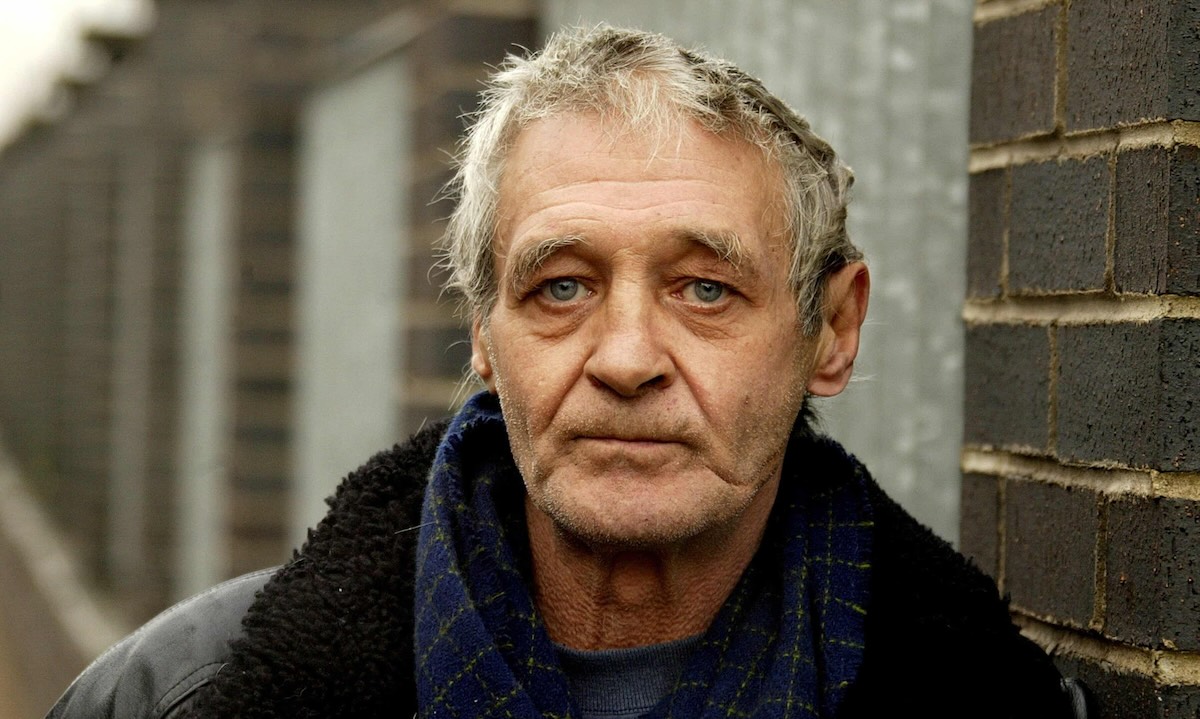
Paddy Hill, who spent 17 years in prison after being smeared, tortured and wrongly convicted by a racist British establishment, has been remembered as “an amazing man”.
One of the ‘Birmingham Six’, a victim of one of the worst British miscarriages of justice, he devoted himself to helping others who were unjustly imprisoned.
The proud, working-class Belfast man whose life took an incredible turn, died peacefully on Sunday, December 30 at his home in Scotland, aged 80.
Along with five others – Hugh Callaghan, Gerard Hunter, Richard McIlkenny, William Power and John Walker – Mr Hill was arrested amid an anti-Irish frenzy in the aftermath of IRA attacks in England. All had been living in Birmingham, in the English midlands, since the 1960s.
Police used torture to extract false confessions to the crimes, with Mr Hill later recalling how his interrogators had “jammed a pistol in my mouth and smashed it around, breaking my teeth”.
He bore the scars of his interrogation, including cigarette burns, for the rest of his life.
Along with the Guildford Four and the Maguire Seven, they and their wrongful convictions became enduring symbols of a nadir for British justice.
They were released in 1991 after the Court of Appeal quashed their convictions. However, they suffered lifelong injury from the trauma of their violent interrogation and imprisonment.
In 2001, Mr Hill founded the Miscarriages of Justice Organisation – Mojo – to help other former prisoners, released by the court of appeal after their sentences were quashed.
Those Mojo helped and campaigned for included other miscarriage of justice victims, including the Craigavon Two.
In a tribute to Mr Hill, Aontú Leader Peadar Tóibín hailed his work which “challenged the establishment across these islands on human rights issues”.
The Meath West TD said: “It was with great sadness we learned of Paddy’s death this morning. Despite his wrongful conviction, Paddy, through his organisation MOJO, advocated for justice for all and challenged the establishment across these islands on human rights issues.
“I know his loss will be deeply felt by his family, friends and those who knew him. My thoughts and those of the Aontú family are with them today.”
Just three of the Birmingham Six are still living, including Gerry Hunter, John Walker and Billy Power. Hugh Callaghan died in 2023 and Richard McIlkenny died in 2006.
Celtic football fans paid their own tribute to Mr Hill with a banner unfurled at their stadium in Glasgow which read: “For 16 years they were talking to the wall”, in reference to the years lost to their false imprisonment.
Lawyer Gareth Peirce, who represented the men during the long appeal process, said that knowing him had been to “experience without respite his raw energy and relentless demand for radical change and just satisfaction beyond himself - and at the same time to see with unreserved admiration the often savage gallows humour that could keep others going through the worst of times, as well as the uniquely determined persona of an extraordinarily brave human being of enduring importance”.
Chris Mullin, the former English MP who spearheaded their justice campaign, wrote in an obituary that for years after his release, Mr Hill remained deeply traumatised by his experience.
“Every morning when I wake I am like a lunatic,” he said at one point. “I’m so tense and wired up I could pull the place apart at the seams. I wish I was back in my cell.”
In 2008, he told an interviewer: “I’ve been out for 17 years and I’m still angry.”
![[Irish Republican News]](https://republican-news.org/graphics/title_gifs/rn.gif)
![[Irish Republican News]](https://republican-news.org/graphics/title_gifs/harp.gif)

